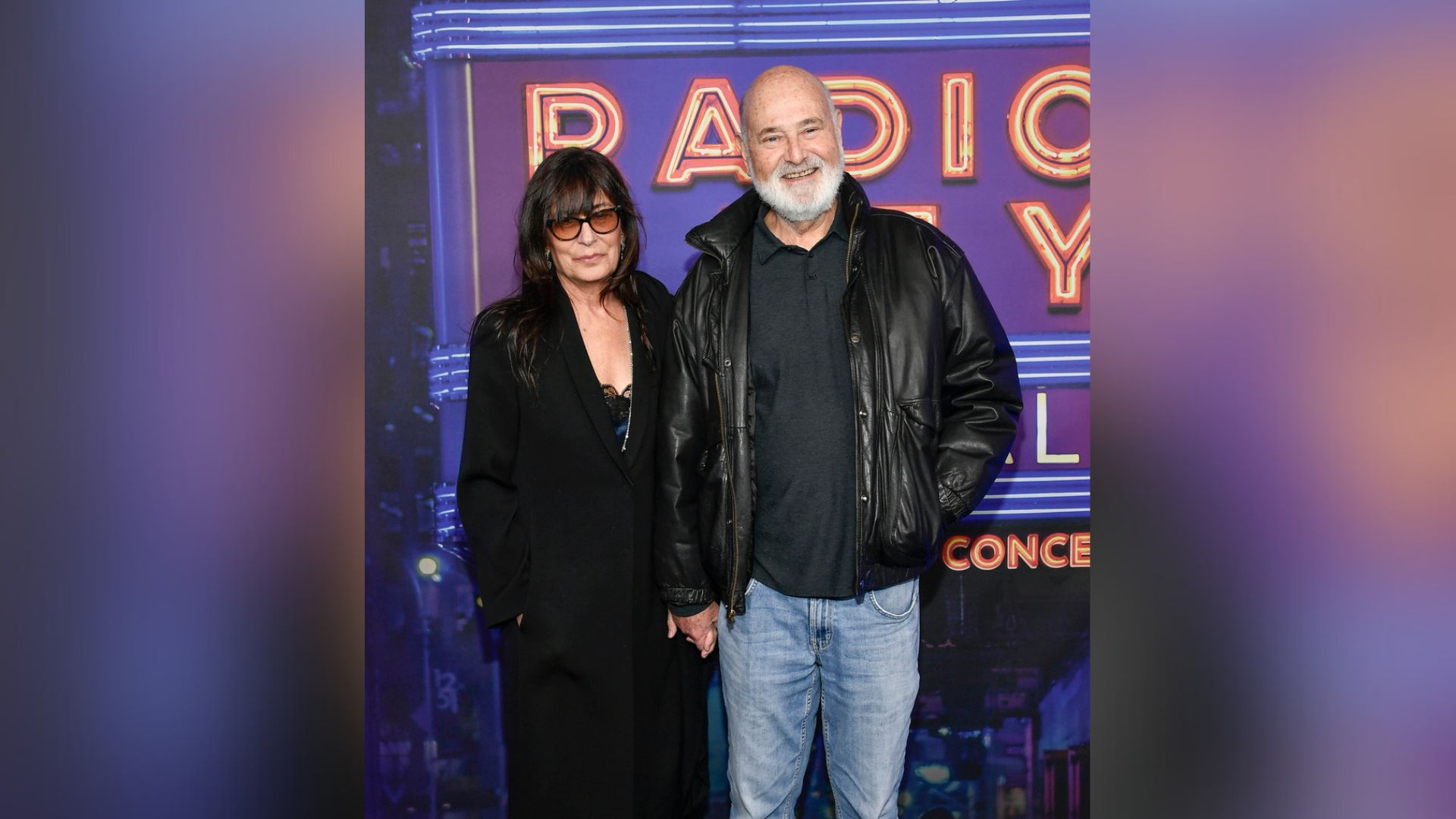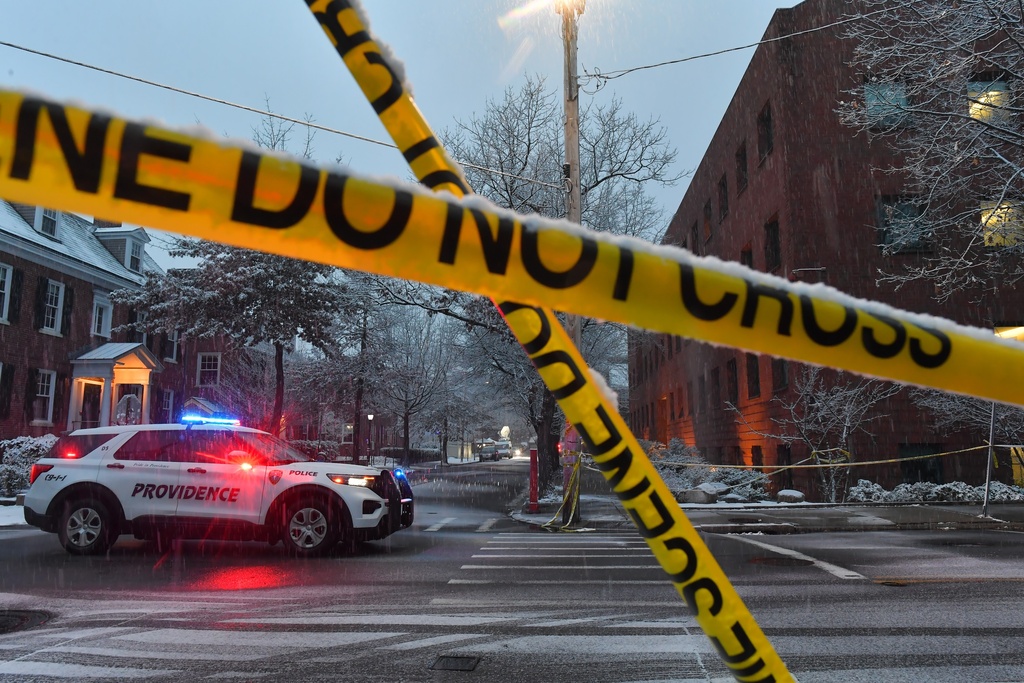Washington state governor Jay Inslee says he's halting the use of the death penalty in the state while he holds office.
"Inslee's moratorium means that if a death penalty case comes to his desk, he will issue a reprieve."
GOV. INSLEE: "And in death penalty cases, I am not convinced equal justice is being served." (Via KOMO)
GOV. INSLEE: "There are too many flaws in the system today. And when the ultimate decision is death, there is too much at stake to accept an imperfect system." (Via TVW)
The governor said he and his team had spent a year examining Washington's capital punishment policy. His investigation included speaking to victim's families, touring the execution chamber and examining the state's current death row cases.
There are nine men currently sentenced to die in Washington, and there have been 110 total executions in the state, which most commonly used the method of hanging. (Via Department of Corrections Washington State)
According to the Seattle Times, Jonathan Lee Gentry was the next Washington inmate set for a death sentence for the 1988 murder of a 12-year-old girl. The state's last execution was performed in 2010 by lethal injection. (Via Seattle Times / The Spokesman Review)
There are currently 32 states, shown in red, that allow the use of the death penalty. But there's been a couple of governors who have issued similar moratoriums in the past without outright abolishing the penalty. (Via Wikimedia Commons / Frenzie23)
In 2010, Oregon Gov. John Kitzhaber issued a similar policy for a single inmate, and Illinois Gov. George Ryan pardoned 167 death row inmates back in 2003. (Via Los Angeles Times / The New York Times)
While those two governors cited mostly moral reasons, Inslee noted several troubling facts that prompted his decision, including the high number of death penalty cases that have had convictions overturned or converted.
Inslee also cited evidence that suggests the death penalty does not, in fact, deter murder. Statistics from the Death Penalty Information Center shows states with capital punishment have higher murder rates than those without.
He also noted the cost of prosecuting death penalty cases — and the numerous appeals that go with them — is much higher than a life in prison sentence.
A 2006 report from a Washington State Bar committee found that, at a trial level, death penalty cases cost around $470,000. Cases with similar crimes but not implementing the death penalty cost up to $70,000. What's more, death penalty appellate cases cost $100,000 more on average than other sentences.
The governor said the moratorium might also help the families of murder victims have quicker justice instead of having to deal with drawn out legal action that he said could sometimes last 15 years or more.










